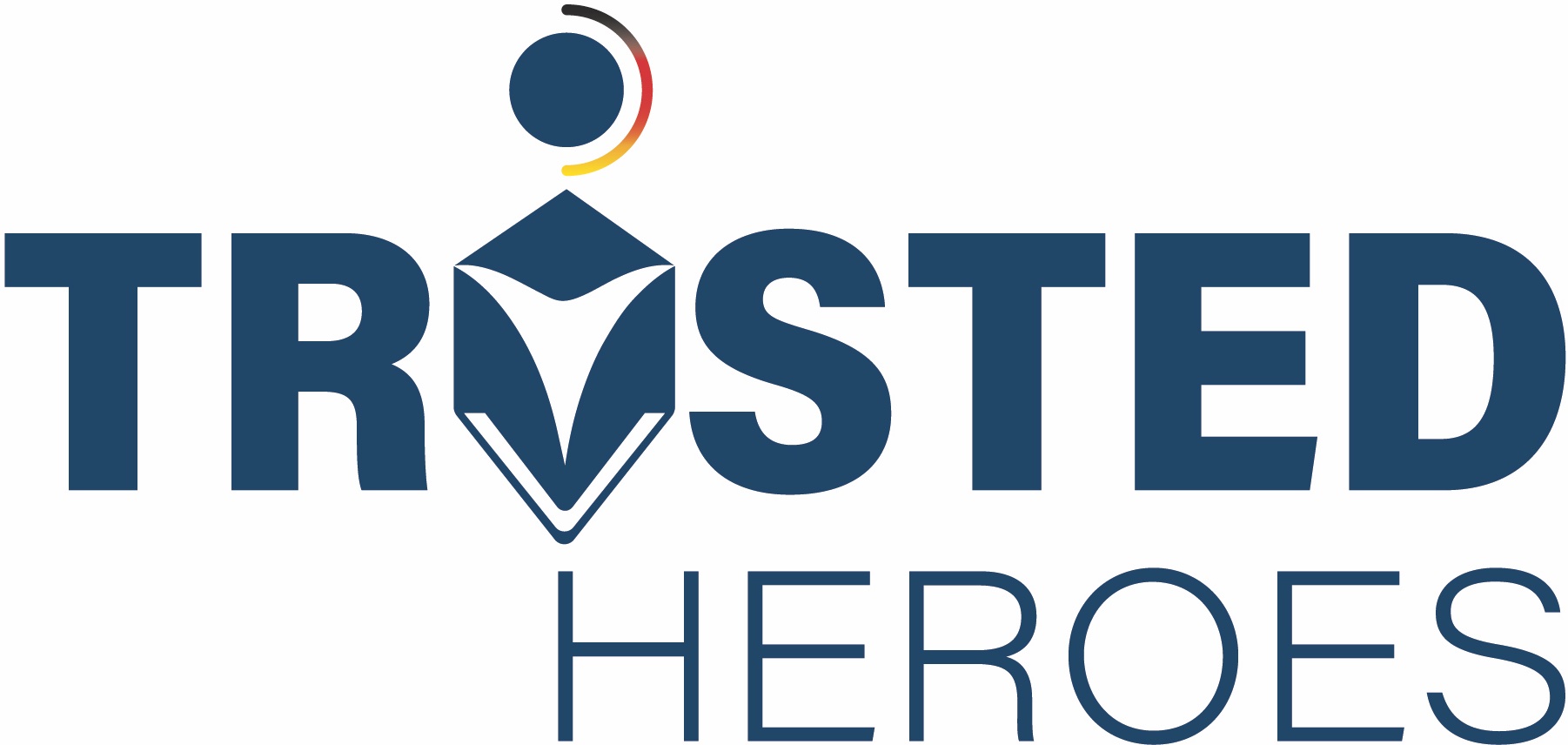In today’s complex and constantly changing world, risks are omnipresent in almost all aspects of life and business. From the development of new products to the implementation of business processes, risk assessment is an indispensable part of managing these uncertainties.
Risk assessment is a structured analysis aimed at systematically identifying, quantifying, and evaluating potential hazards and risks associated with a product, service, or process. The main goal is to determine the likelihood of a specific risk occurring as well as its potential impact. With this information, companies can take proactive measures to minimize, control, or even eliminate risks.
The assessment is carried out in several steps. First, a risk inventory is conducted, listing all conceivable hazards and risks. This can be done through brainstorming, expert discussions, or by analyzing data and reports. In the next step, these risks are evaluated—typically based on their likelihood and the severity of their potential impact. Often, a risk matrix is used to visually represent these two factors.
An essential aspect of risk assessment is also the consideration of the entire risk chain, from the origin of the risk to its possible consequences. This can include examining raw materials in a production process as well as evaluating cybersecurity in an IT infrastructure.
Risk assessment is not only important for management but also for a company’s stakeholders, including employees, customers, and investors. It serves as the basis for risk communication and the development of emergency plans and other risk mitigation strategies.
In summary, risk assessment provides a framework for rationally managing uncertainty. Through the systematic identification and evaluation of risks, it enables informed decision-making and thus contributes to increased efficiency, cost reduction, and not least to safety and the protection of human life. In a world full of uncertainties, the ability to competently assess and manage risks is essential for the long-term success and sustainability of companies and organizations.





